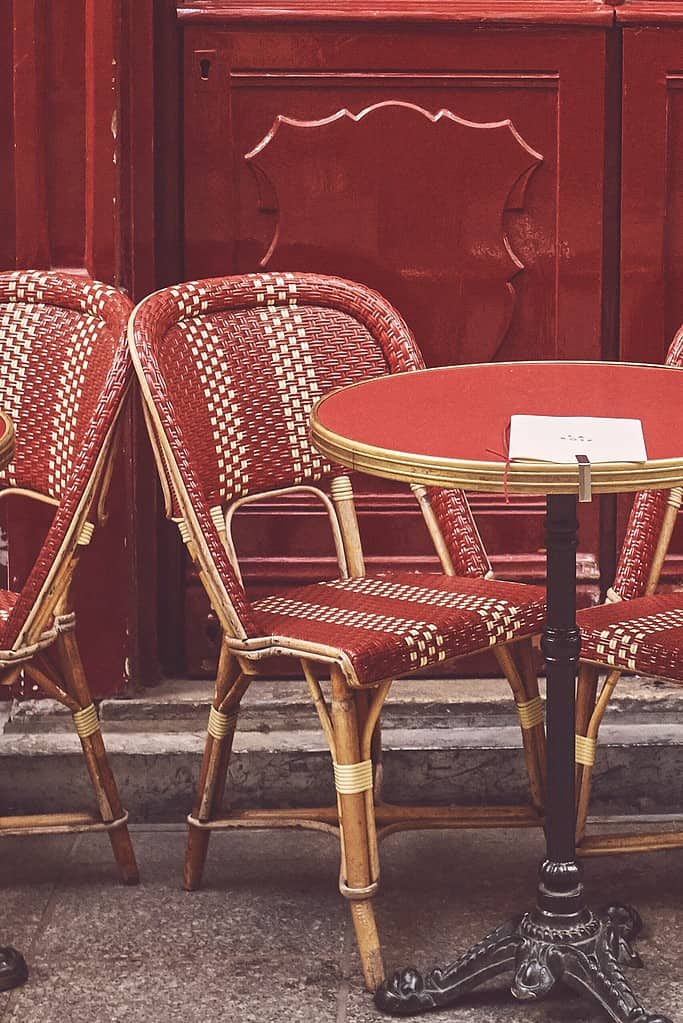Learning French through poetry is like discovering a secret passage into the heart of a vibrant language and culture. French poems not only expand your vocabulary but also refine your pronunciation and deepen your cultural understanding. For English speakers eager to speak French more naturally, platforms like swaplang offer opportunities for authentic practice alongside exciting new methods such as poetry. In this post, we dive deep into how embracing French verses can transform your learning journey.
Benefits of Learning French Through Poetry
French poetry offers a unique blend of art and language that can significantly enhance your linguistic skills. By studying poems, you absorb not only new words and expressions but also the rhythm and melodies inherent in the language. One of the most striking benefits is the improvement in pronunciation. Reciting lines from poems helps you get comfortable with the musicality of French, a language renowned for its flow. Additionally, poetry acts as a cultural mirror. It reveals historical contexts, social ideals, and subtle cultural references that textbooks rarely capture. In fact, courses like swaplang integrate language practice with cultural insights, allowing you to explore everything from the romantic verses of Baudelaire’s Les Fleurs du mal to the whimsical imagery found in modern compositions.
Accessible French Poems for Beginners
For learners at the beginning of their French journey, selecting the right poems is key. Accessible French poems, such as excerpts from classic works like Chanson d’automne or the works of Jacques Prévert (learn more about his style here), are written in clear, engaging language that resonates even with beginners. These poems often use everyday vocabulary and familiar scenarios, making them both enjoyable and educational. Beginners can also find annotated versions of poems which provide translations and explanations of idiomatic expressions—a practice that enriches understanding and retention. An insightful read titled Enhance French Skills with Poetry: A Student’s Guide lays out effective strategies for selecting and interpreting poems tailored to your current learning stage.
Analyzing Language in French Poetry
One of the most effective ways to internalize a new language is by analyzing it line by line. French poetry is often filled with layers of meaning and creative wordplay that can challenge even advanced learners. By breaking down verses, you learn the precise usage of adjectives, adverbs, and colloquial expressions. For instance, deciphering the imagery in a poem might introduce you to subtle linguistic nuances that textbooks omit. Detailed analysis can illuminate not only grammatical structure but also cultural symbols—elements that are integral to understanding conversational French. Resources such as The Power of Poetry and Art in Language Learning offer insights into how poetic language can sharpen your listening skills and improve your overall fluency. This kind of exercise is similar to performing a literary deconstruction in a lively café discussion, inviting you to question, explore, and mimic natural speech patterns.

Incorporating Poetry into Daily Practice
Integrating poetry into your daily routine need not be a daunting task. Small, deliberate steps can lead to significant improvements. Start your day by reading a short poem aloud, then spend a few minutes writing your interpretation of it. This practice reinforces vocabulary and helps you become comfortable with varied sentence structures. You might even want to join a discussion group or practice with a native speaker. The conversational opportunities presented in private sessions at swaplang can help turn poetic language into living dialogue. Over time, you may notice that the playful twists of phrases and the emphasis on lyrical expression enhance your ability to converse fluidly. Additionally, pairing poetry with other creative approaches—like analyzing French film dialogues or engaging in theater-based language exercises—can spice up your learning routine, keeping you motivated and curious.
How Poetry Reflects French Culture
French culture is intricately woven into its literature and art. Poetry is not just about grammar and vocabulary; it’s a chronicle of the French soul. By studying the works of poets like Jacques Prévert and Baudelaire, you step into the historical and emotional landscapes that have shaped modern France. These poems often address themes like love, revolution, and the artistic spirit, offering you a window into the cultural memories cherished by the French community. Furthermore, contemporary poems capture the evolving urban narrative, blending tradition with modernity. For those interested in a more immersive cultural experience, exploring resources like learning French through art and museums can complement your study of poetic texts. The more you engage with these cultural artifacts, the more naturally the language will begin to resonate with you.
Embracing French poetry is a dynamic and enriching way to master the language while discovering the heart of French culture. Ready to take your skills to the next level? Sign up for free on swaplang and explore private sessions tailored to boost your conversational fluency. Your poetic journey awaits!

















